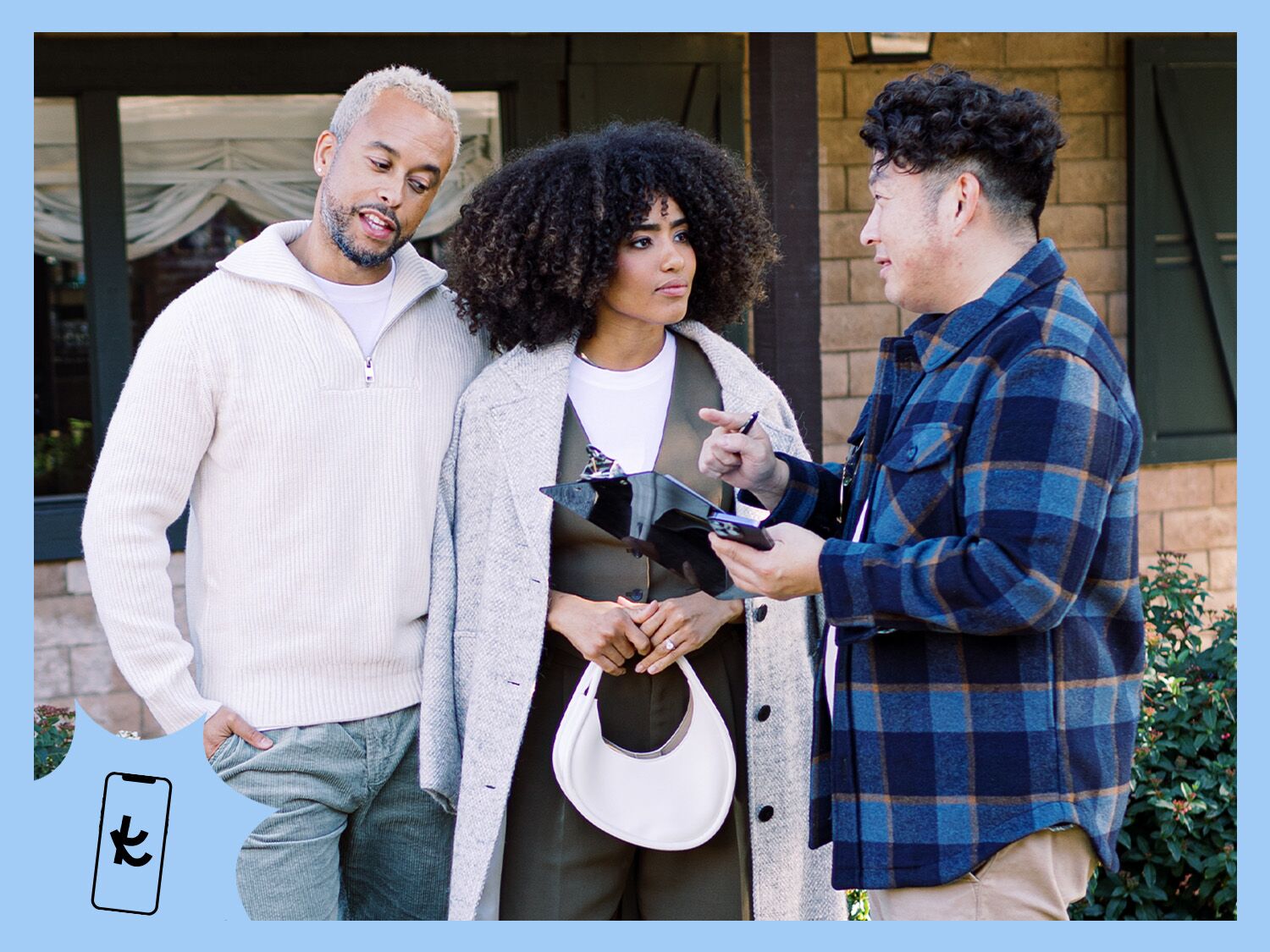'No Ring, No Bring': A Wedding Expert Spills the Tea
Deciding who to invite to your wedding is challenging, especially when planning an intimate wedding and trying to stick to your budget. One way many couples cull their guest list is by implementing the "no ring, no bring" rule. You may remember the plus-one etiquette policy was popularized when Pippa Middleton reportedly enforced it for her 2017 nuptials. If you're considering implementing this rule for your wedding, there are some etiquette recommendations to remember. Ahead, we chatted with a wedding planner who spilled the tea on the "no ring, no bring" meaning, how to communicate the rule with guests, and what to do if someone becomes upset.
In this article:
- 'No Ring, No Bring' Meaning
- What to Do If a Guest Gets Engaged After the Guest List Is Set
- How to Best Communicate the Rule With Guests
- What to Do If a Guest Is Upset About the Lack of Plus One
'No Ring, No Bring' Meaning
The "no ring, no bring" policy means that a wedding guest can only bring a plus-one to the wedding if their invitee is someone they're engaged or married to, hence the "ring," explains Kevin Dennis, a certified wedding planner and owner of Fantasy Sound Event Services. He emphasizes that the spirit of the policy is to ensure you know everyone at your wedding, so some couples may make exceptions for couples in long-term committed relationships with no intention of marrying.
"This rule is becoming much more popular in recent years, especially as couples consider their budget and the overall intimacy of their wedding," Dennis adds. "Rather than automatically giving a plus-one to each of your guests, this ensures that you have some control over the people that are attending your wedding. Some couples don't necessarily feel comfortable inviting strangers to such an important event or having them in the background of their wedding photos, so this route allows you to spend the day with people you know and love."
What to Do If a Guest Gets Engaged After the Guest List Is Set
So you already know exactly who to invite to your wedding and maybe even have your B-list guest list as a backup. What do you do if one of your guests gets engaged before the wedding? The decision to invite their new future spouse as a plus-one is ultimately up to you and your partner. "If your final headcount is set in stone and the engagement happens close to your big day, it's okay if they can't make the cut," Dennis says. "If you find yourself with some flexibility in the guest list and you know the engaged partner, it's also completely fine if you decide to squeeze them in."
In other words, there are no hard and fast rules or "no ring, no bring" etiquette, so do whatever feels best for you and your soon-to-be spouse. If you do decide to extend the plus-one invitation, Dennis recommends doing so privately to not make other guests feel bad.
How to Best Communicate the Rule With Guests
If the "no ring, no bring" policy feels aligned for you and your future spouse, here are some tips on how to best communicate the rule with guests without hurting anyone's feelings.
Keep it simple.
First off, Dennis recommends taking the pressure off of hurting people's feelings. "The fact of the matter is that you can't control how others will react—all you can do is keep your reasoning short and sweet," he says. To do this, he suggests ensuring your wording is simple and to the point. Here's an example:
"We're so excited to have you join us on our big day! To keep our guest count intimate and meet venue guidelines, we have to keep plus-ones to a minimum. We ask that you kindly abide by the designated number of RSVPs on your invitation."
Include it on your invites and your wedding website.
Your wedding invitations and your wedding website are the best places to clearly state the "no ring, no bring" rule. "With invitations, listing the names of the intended recipients on the RSVP card will ideally make it incredibly clear who is included," Dennis says. Furthermore, having the limited plus-one verbiage on your wedding website, which is the main information hub for your wedding and you can easily edit, will also help set expectations without singling anyone out. "It's better to have couples come to you with questions rather than feel like you have to approach guests with a tough conversation," Dennis says.
Share the rule as needed.
The rule won't apply to every guest you invite to your wedding. So in some cases, Dennis says communicating the rule as needed is best. "It may benefit you to keep the 'no ring, no bring' policy to yourselves and simply send plus-one invitations to those of your choosing," he says. "That way, there's no confusion among the long-standing couples that have no plans to get married, but it's clearer to single guests that they shouldn't bring a date that they just met."
What to Do If a Guest Is Upset About the Lack of Plus One
Although most guests will understand the "no ring, no bring" policy, especially if they're familiar with the ins and outs of planning a big event such as a wedding, Dennis says some couples may get some pushback from guests over their lack of a plus-one invitation. For instance, the guest may be concerned about attending a wedding alone.
If a guest does become upset, Dennis says the etiquette is to have an honest conversation with them (if you have the emotional bandwidth to do so, of course). Being open with them may help ease their disappointment and help them understand that the decision wasn't personal. "For example, if they've known their partner for two years but you've never met them, explaining this to them may give them more understanding," he says. "It can also help soften the blow to know that they aren't alone and that plus-ones are limited to those that are engaged or married, even if you don't want to explicitly say that on your invites."
























